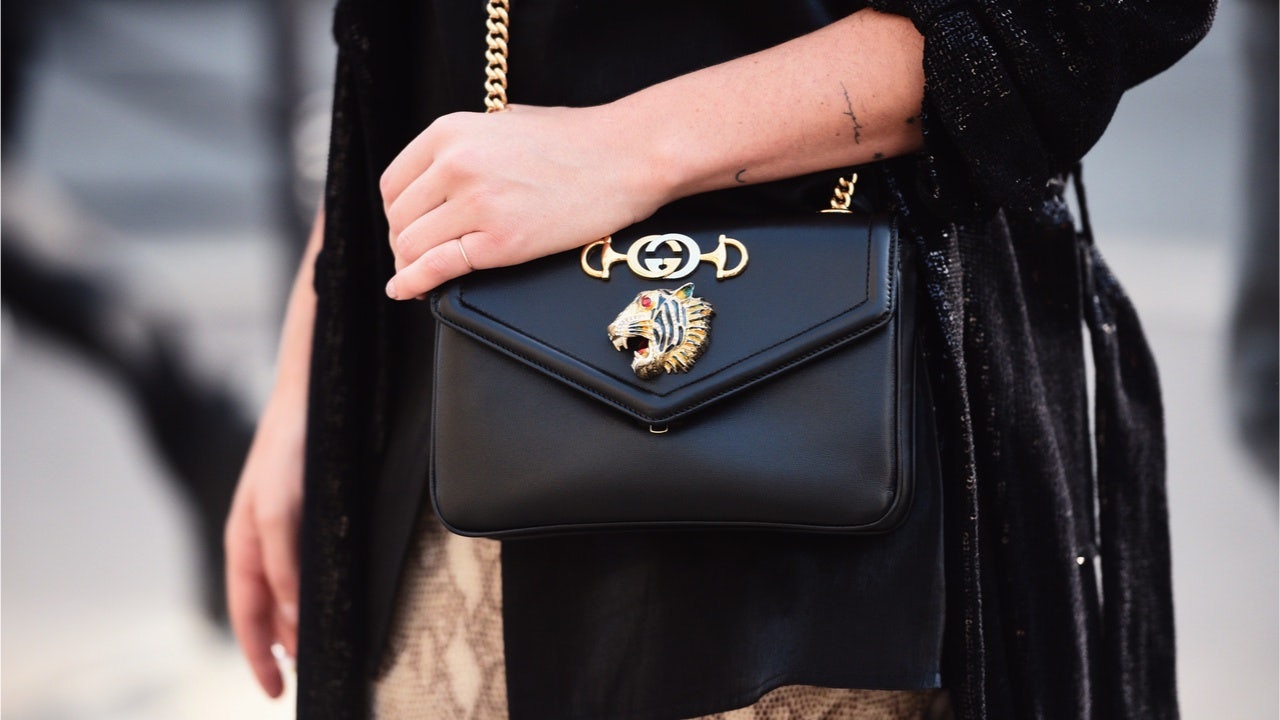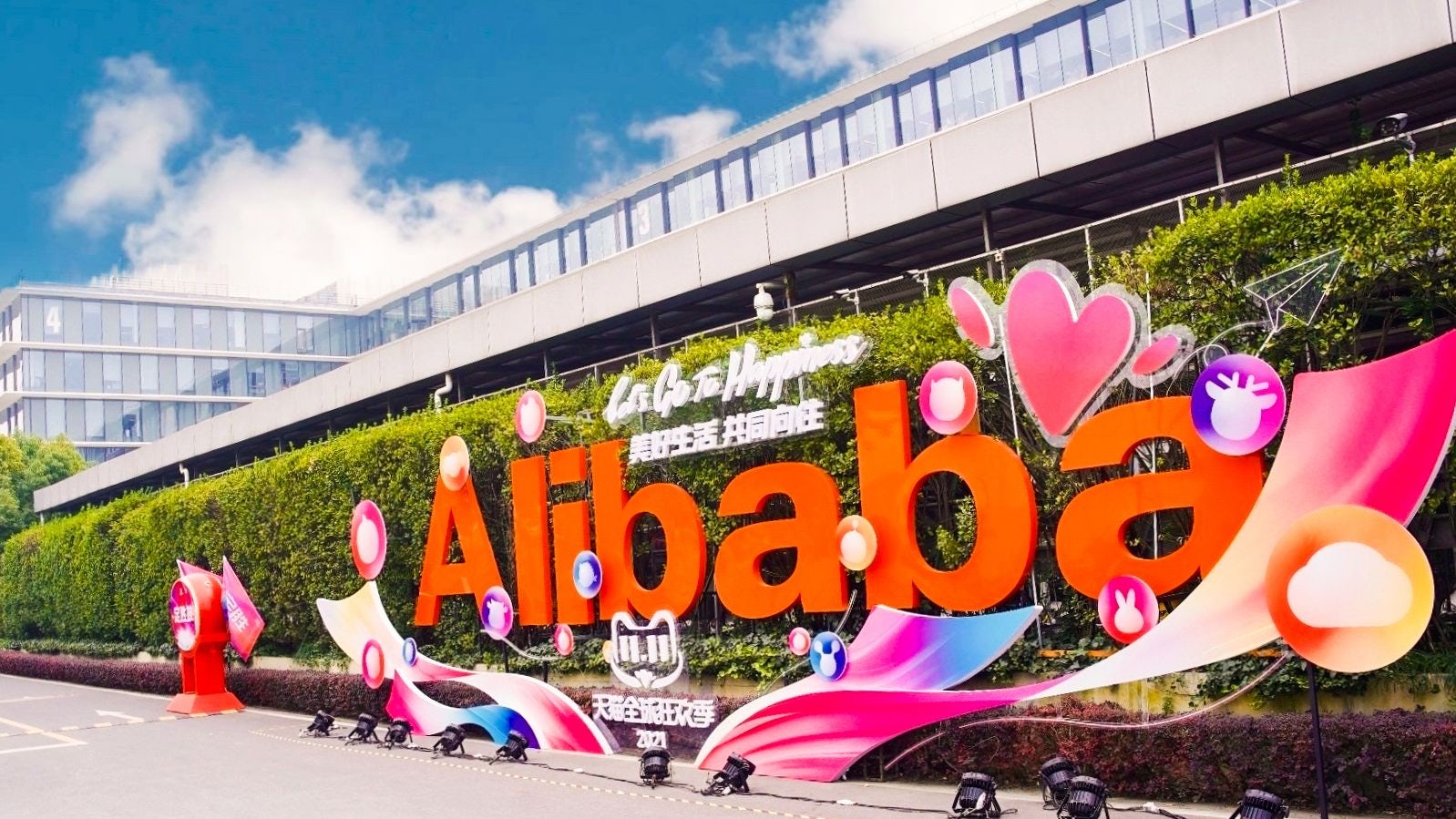What happened
A resurgence of COVID-19 cases in China and South Korea has impacted luxury stocks. LVMH, Kering, Hermès, and Compagnie Financière Richemont all reported losses of 1.45 percent, 1.31 percent, 3.13 percent and 3.26 percent, respectively.
In the mainland, tech hub Shenzhen has suspended production, halting operations at Apple supplier Foxconn, whereas Shanghai schools have reverted to online classes, CNBC reports.
Meanwhile, South Korea marked a record daily death toll, with 293 fatalities reported in the latest 24-hours and 1,196 virus patients in serious or critical conditions.
Jing Take:#
These new COVID-19 outbreaks are putting further pressure on the global economy, which is also bracing for impact from the Russian war against Ukraine and the resultant ongoing sanctions.
The pandemic has already strained supply chains and created unprecedented chaos, causing severe shortages and driving up prices. As such, new waves of COVID-19 and subsequent lockdowns in manufacturing superpowers like these could cause significant damage to the already fragile global economy.
Moreover, China’s zero-COVID policy could severely impact luxury brands and their stocks, as consumer confidence may fall again after stabilizing in January. Evidently, this will put more downward stress on luxury stocks, which are already suffering because of the loss of Russian consumers — who account for roughly 9 billion in annual luxury sales, according to Investment bank Jefferies.
Furthermore, the suspension of businesses in Russia and temporary store closures in the mainland could set off considerable economic shocks for luxury brands, as they are forced to pay the agreed rents despite having their operations shuttered. Negotiations for rent deferrals or abatements are unlikely to happen during these highly contentious times: luxury brands will need to respect their payment obligations.
Equally important, trade restrictions and limits on mobility might reduce the availability of luxury goods. Accordingly, luxury giants will most likely decide to increase prices again, especially on handbags and best-selling leather items. Moreover, they will further accelerate digital transformation and invest in seamless experiences with AI, virtual try-on features, and livestream e-commerce, while moving away from “livestreaming queens” like Viya and groom their own employees to become livestreaming hosts; this will offset the cost of the influencer marketing strategy.
Meanwhile, independent European labels might decide to select new cooperations models and partner with e-commerce players like JD.com and Alibaba to boost their cross-border sales. There's too much at stake to not change the status quo.
The Jing Take reports on a piece of the leading news and presents our editorial team’s analysis of the key implications for the luxury industry. In the recurring column, we analyze everything from product drops and mergers to heated debate sprouting on Chinese social media.

